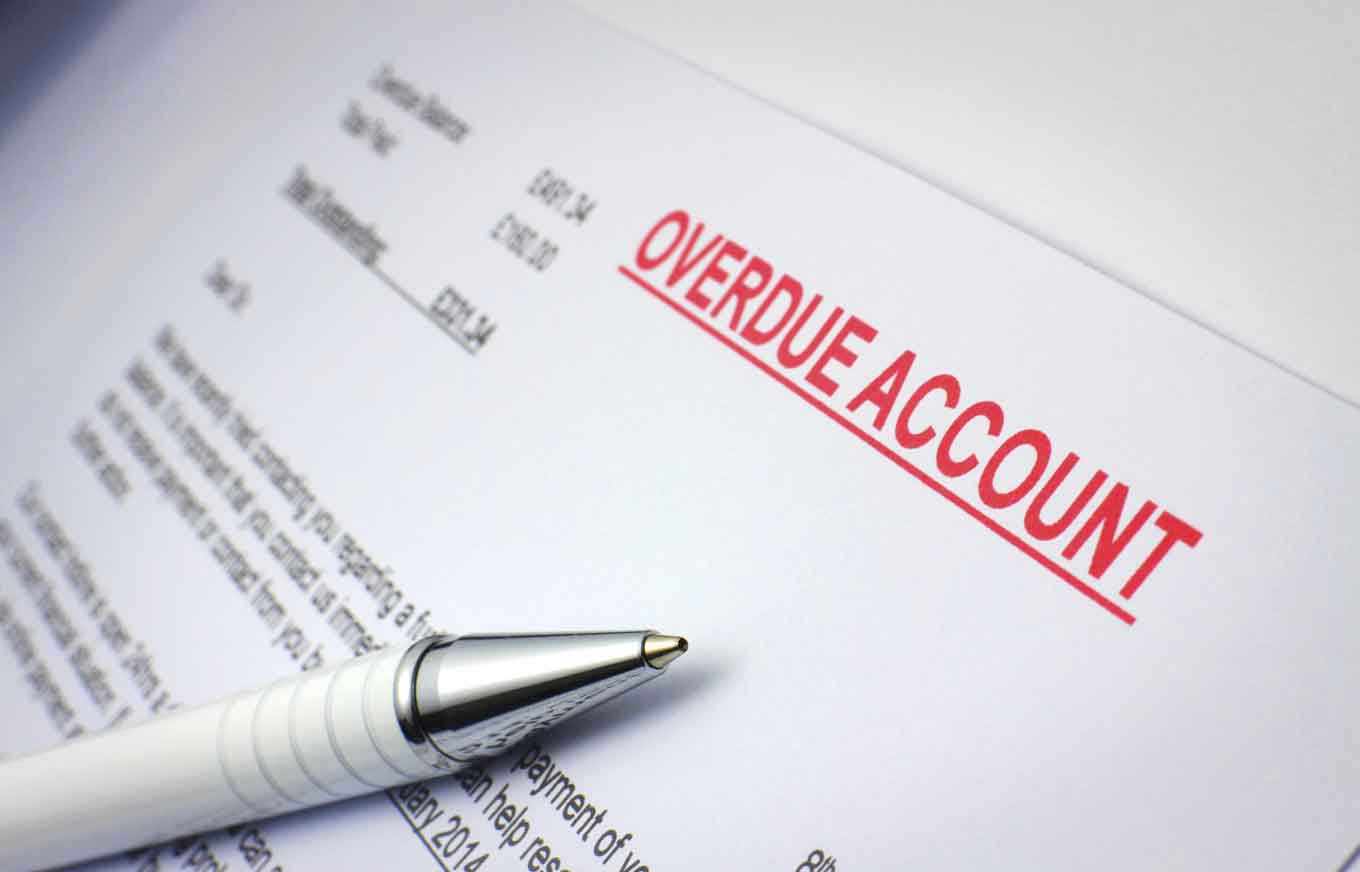
Do You Know the Score?
Do you know if your collection agency is scoring your unpaid client accounts? Scoring doesn't normally use the finest return on investment for the agencies clients.
The Highest Expenses to a Collection Agency
All debt collection agencies serve the same purpose for their clients; to collect debt on overdue accounts! However, the collection industry has ended up being really competitive when it pertains to rates and typically the lowest price gets the business. As a result, lots of firms are trying to find methods to increase earnings while offering competitive prices to customers.
Unfortunately, depending on the methods used by private companies to collect debt there can be big differences in the amount of money they recover for clients. Not remarkably, commonly used methods to lower collection costs also lower the amount of money collected. The two most pricey part of the debt collection process are:
• Corresponding to accounts
• Having live operators call accounts instead of automated operators
While these methods traditionally provide exceptional roi (ROI) for clients, numerous debt collection agencies want to limit their use as much as possible.
What is Scoring?
In easy terms, debt collection agencies use scoring to identify the accounts that are most likely to pay their debt. Accounts with a high likelihood of payment (high scoring) get the highest effort for collection, while accounts deemed not likely to pay (low scoring) receive the lowest amount of attention.
When the concept of "scoring" was initially utilized, it was largely based on an individual's credit score. If the account's credit score was high, then complete effort and attention was released in attempting to gather the debt. With demonstrated success for agencies, scoring systems are now ending up being more comprehensive and no longer depend solely on credit ratings.
• Judgmental, which is based upon credit bureau data, several kinds of public record data like liens, judgments and published monetary statements, and postal code. With judgmental systems rank, the higher the score the lower the threat.
• Statistical scoring, which can be done within a business's own information, monitors how customers have actually paid the business in the past then anticipates how they will pay in the future. With statistical scoring the credit bureau rating can also be factored in.
The Bottom Line for Debt Collector Customers
When scoring is utilized many accounts are not being totally worked. When scoring is used, around 20% of accounts are really being worked with letters sent out and live phone calls.
The bottom line for your company's bottom line is clear. When getting price quotes from them, ensure you get details on how they prepare to work your accounts.
• Will they score your accounts or are they going to put full effort into calling each and every account?
Preventing scoring systems is crucial to your success if you want the finest ROI as you invest to recuperate your loan. ZFN and Associates Additionally, the debt collection agency you utilize ought to be happy to furnish you with reports or a website portal where you can monitor the companies activity on each of your accounts. As the old saying goes - you get what you pay for - and it applies with debt collection agencies, so beware of low price quotes that appear too excellent to be true.
Do you understand if your collection agency is scoring your overdue client accounts? Scoring does not usually provide the finest return on investment for the agencies customers.
When the concept of "scoring" was initially utilized, it was mostly based on an individual's credit score. If the account's credit score was high, then full effort and attention was deployed in trying to gather the debt. With demonstrated success for firms, scoring systems are now becoming more comprehensive and no longer depend entirely on credit scores.